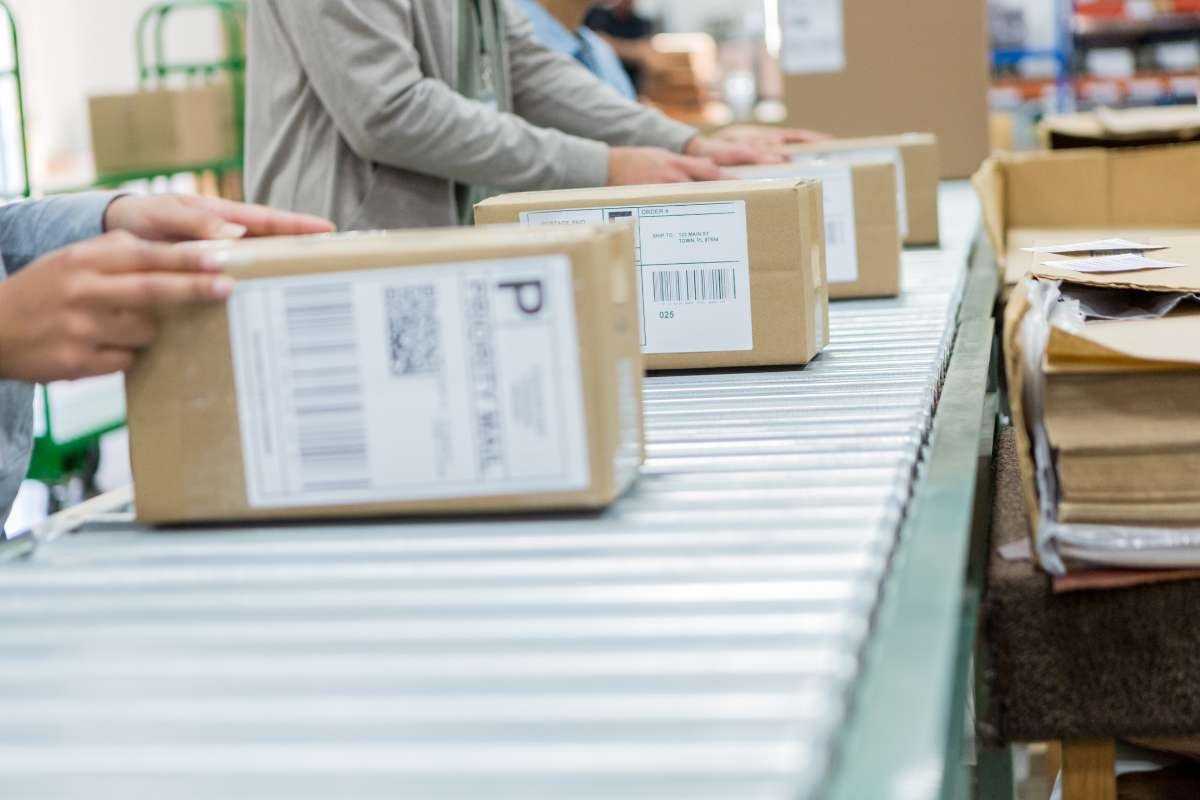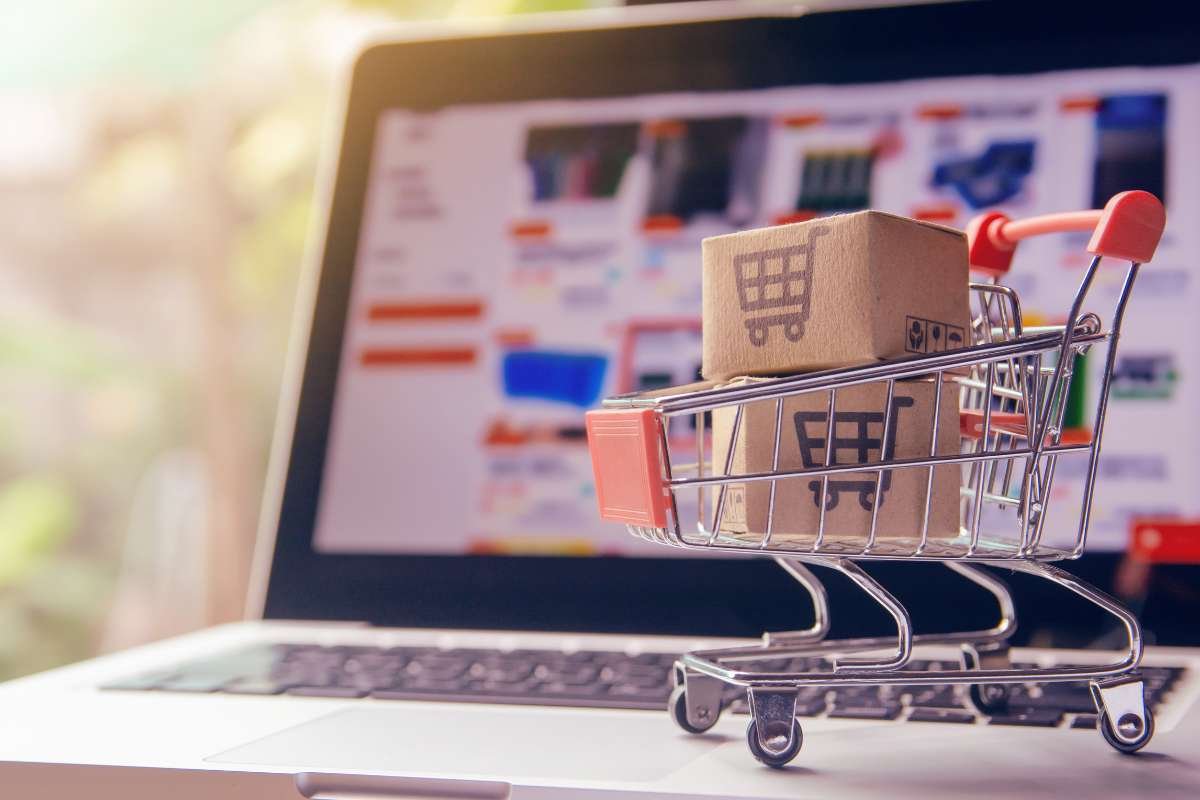The world of online shopping has changed how businesses connect with customers across the globe thanks to e-commerce platforms. It’s all about making sure products are delivered to buyers quickly and smoothly through ecommerce fulfillment. Fulfillment is an aspect that budding online store owners must grasp to thrive. This guide provides information on ecommerce fulfillment essentials to assist newcomers as they venture into the world of online retailing.
Understanding Ecommerce Fulfillment
The process of ecommerce fulfillment includes stages such as managing inventory and delivering orders efficiently. It consists of storing merchandise items in warehouses and processing customer orders accurately before packing and shipping them out for delivery. Every stage is crucial in providing customers with a shopping journey. Retailers need to handle these aspects to uphold customer satisfaction and foster customer loyalty for purchases.
Managing Inventory
Maintaining an inventory system is crucial for ensuring order fulfillment in retail operations. The key is to monitor stock levels to meet demand for items without ending up with excess inventory. A precise inventory management approach helps prevent problems such as running out of stock or holding inventory that may result in lost sales or higher storage expenses. Implementing inventory systems can simplify operations. Enable businesses to concentrate on expanding their operations.
Order Processing

After customers place their orders, it’s crucial to process them accurately by verifying customer information and stock availability and confirming payments made by them smoothly and efficiently. A streamlined process helps reduce errors and speed up the processing time, which is beneficial for both retailers and customers. Retailers can improve this stage by incorporating automated systems that speed up the validation of orders and guarantee accuracy.
Packing and Shipping
Shipping and packing are stages of eCommerce fulfillment. They safeguard the products during transit to ensure they arrive safely in the customer’s hands, looking brand new and intact. Carefully choosing the packaging materials and methods helps minimize product damage and improve customer satisfaction. Additionally, employing shipping practices such as selecting carriers and optimizing delivery routes can enhance overall customer experiences.
The Impact of Technology
Technology advancements have transformed the way eCommerce fulfillment operates by providing a plethora of tools to enhance processes efficiently and effectively. Automation systems play a role by simplifying stages of the process and minimizing mistakes while expediting operations. Through software solutions that enable time inventory tracking and order management, along with providing insights into customer preferences, retailers can boost their efficiency levels and elevate customer satisfaction to new heights.
Third-Party Logistics Service Providers

Numerous stores choose to collaborate with fulfillment services to handle tasks such as inventory management and shipping while focusing on areas like marketing and product innovation instead. This approach benefits retailers who may lack the expertise or resources for logistics operations and need to assess cost-effectiveness and reliability when selecting a partner.
Enhancing Customer Satisfaction
The way online order processing is handled plays a role in how customers view a brand image and service quality experience. On-time delivery and packaged items leave a mark that increases the likelihood of repeat business and customer loyalty. In contrast to this impact, late deliveries and damaged goods can negatively affect a retailer’s standing in the eyes of consumers, which may result in customers switching brands. By making efficiency and dependability a priority, fulfillment processes help in meeting customer needs effectively.
Achieving Practices in Order Fulfillment
Ecommerce fulfillment is now considering sustainability factors as an aspect of its operations. Retailers are embracing eco measures, like utilizing packaging and optimizing delivery routes to lower carbon footprints. These initiatives appeal to customers, boost brand reputation, and support sustainability objectives. Integrating methods into fulfillment plans is advantageous for both companies and the environment.
Challenges and Solutions

Although eCommerce fulfillment comes with benefits, it also brings its set of obstacles to tackle. Challenges, such as customer demand disruptions within the supply chain and evolving consumer preferences, necessitate an approach. To navigate through these hurdles successfully, retailers can implement strategies to work with suppliers to spread risks and keep abreast of the latest trends shaping the industry. By assessing and adjusting their fulfillment methods, businesses can ensure their effectiveness in a constantly changing marketplace.
In Summary
Efficient and successful online retail relies heavily on ecommerce fulfillment processes. A factor for retailers striving to deliver products intact to customers’ doorsteps by leveraging technology and exploring third-party services while also focusing on sustainability initiatives can bolster fulfillment approaches significantly for newcomers entering the e-commerce realm. Mastering these processes is key to achieving growth and thriving in the digital market landscape.









